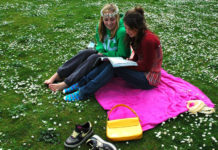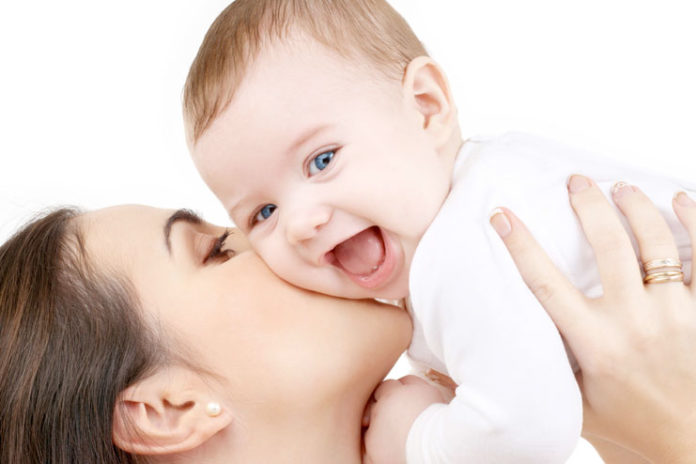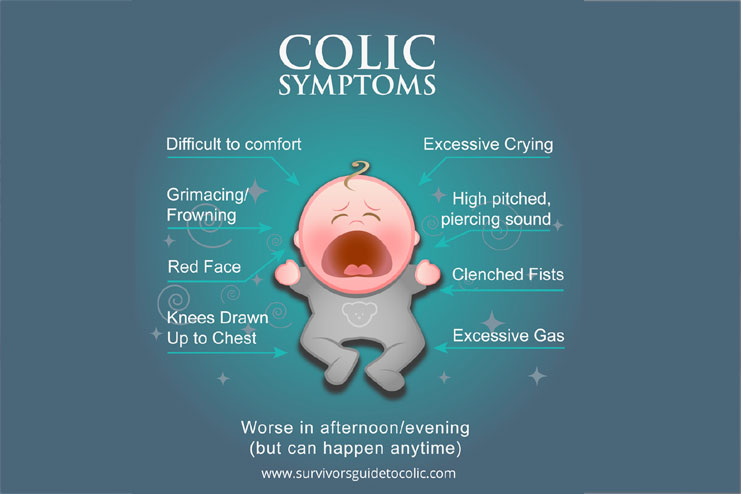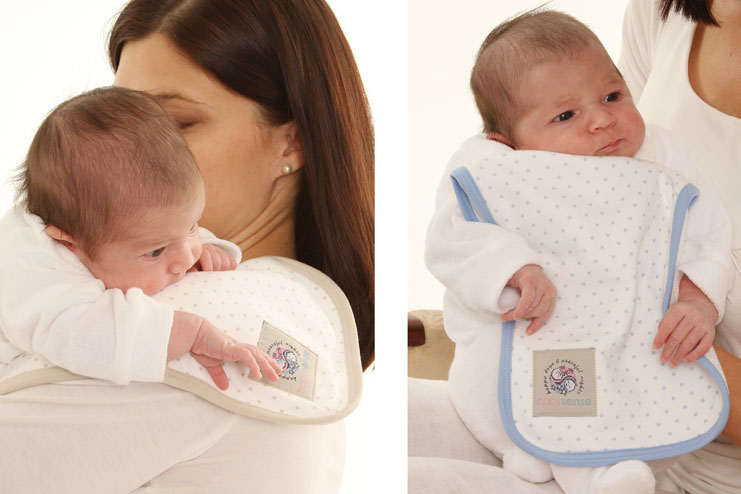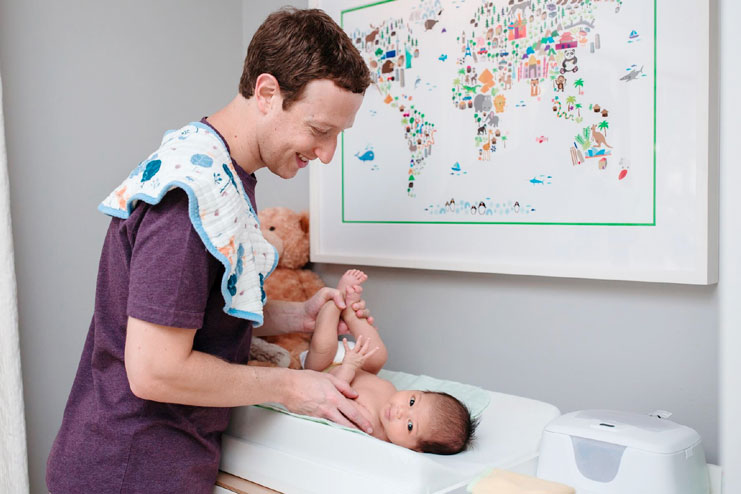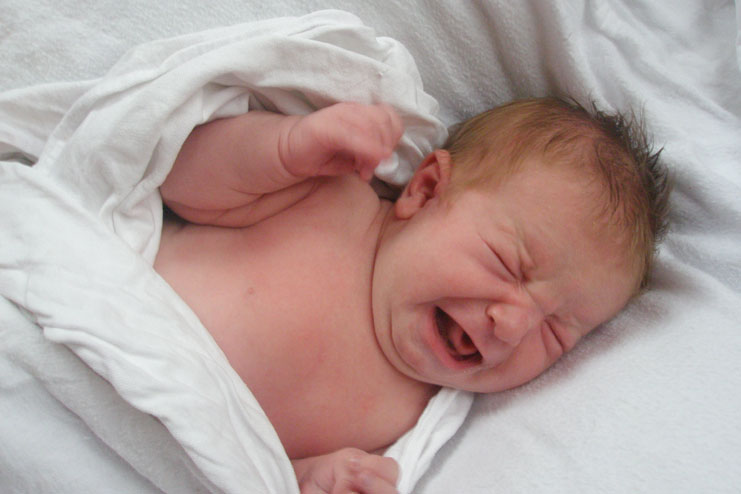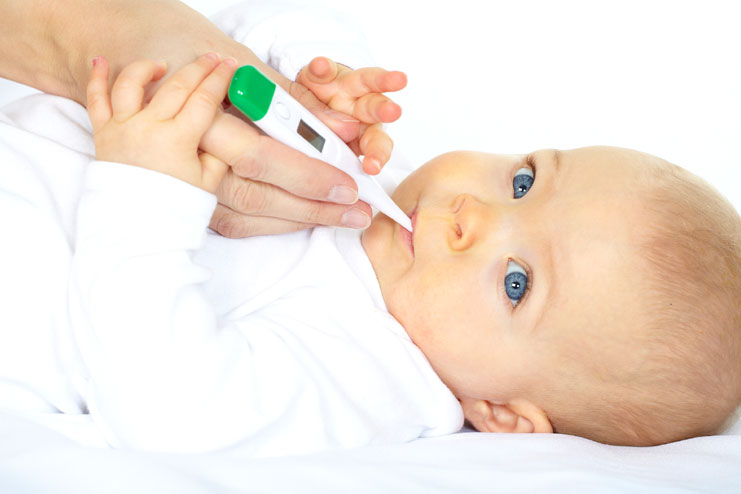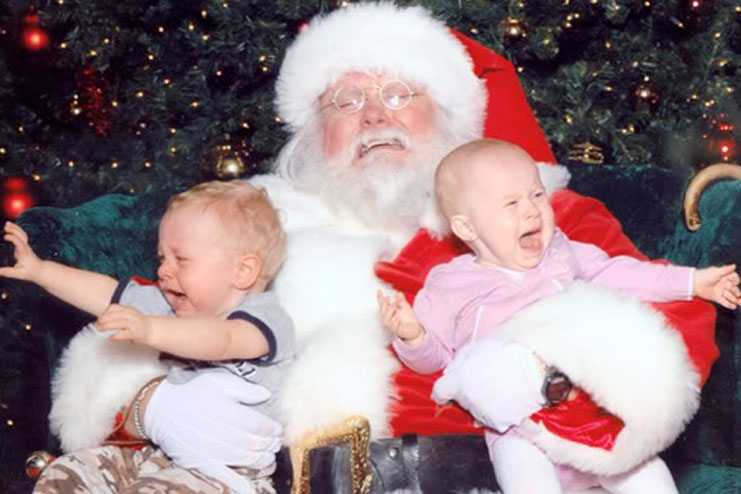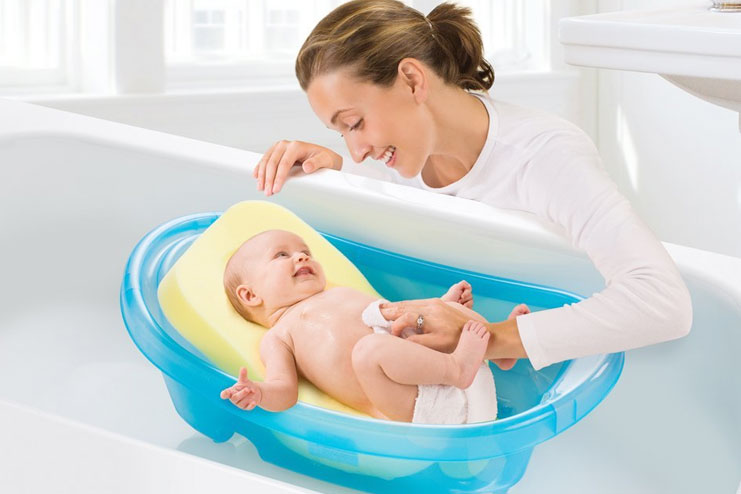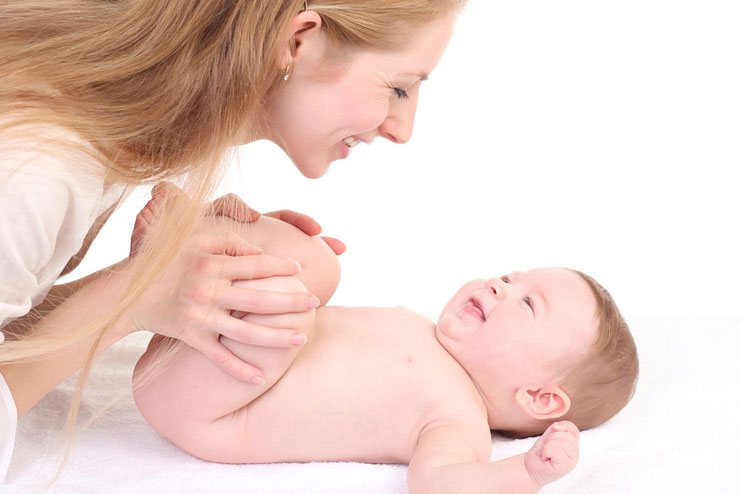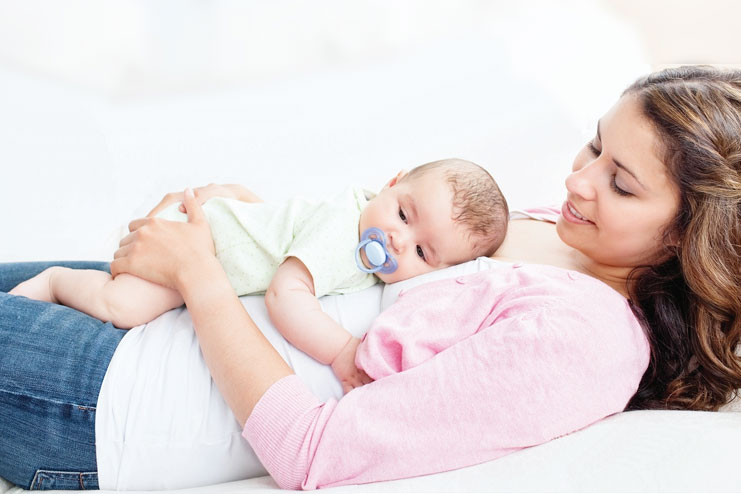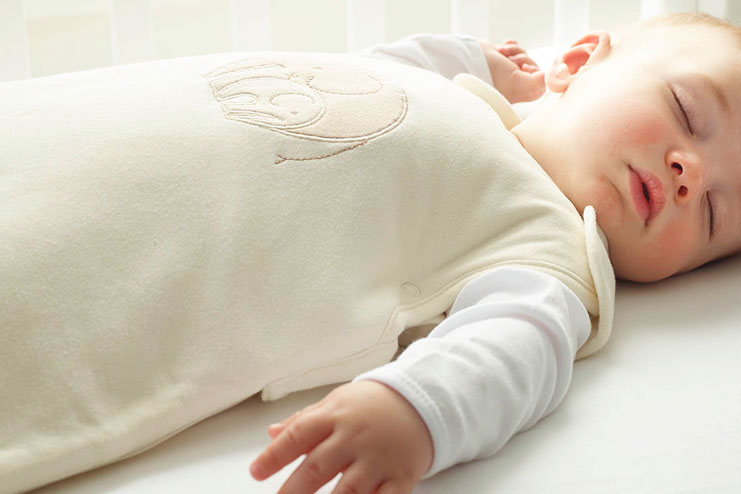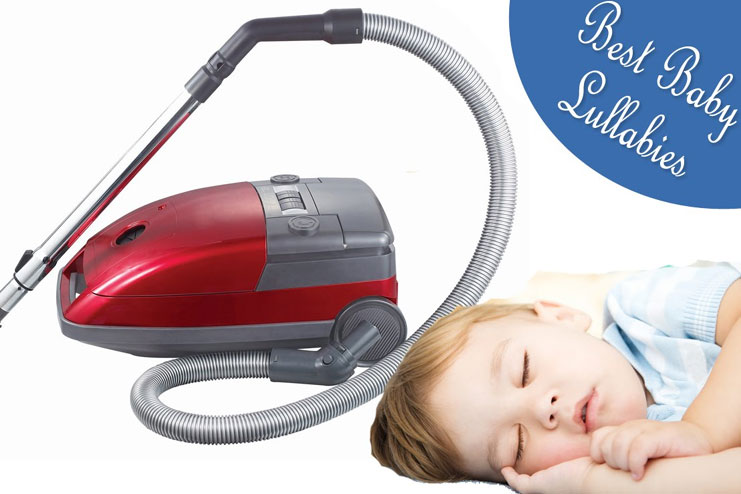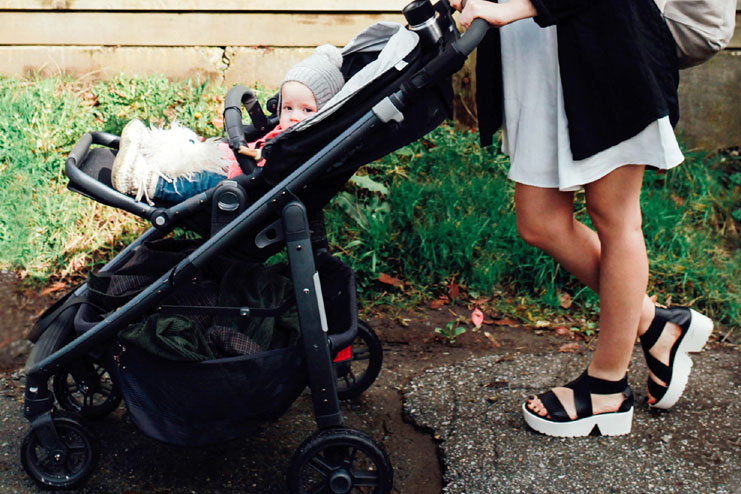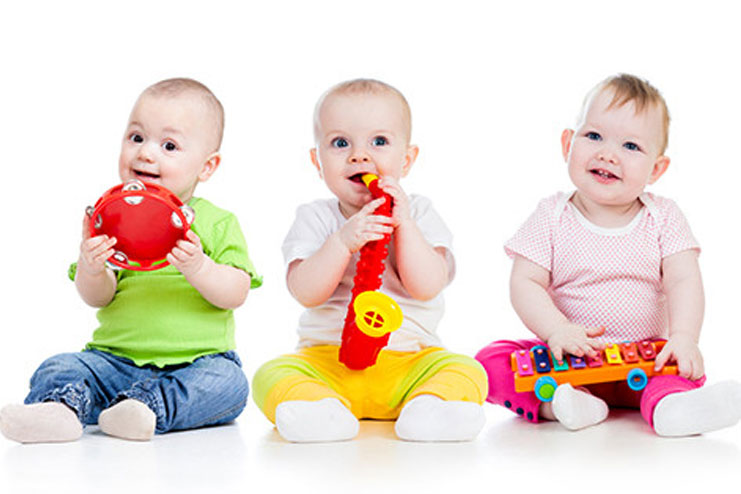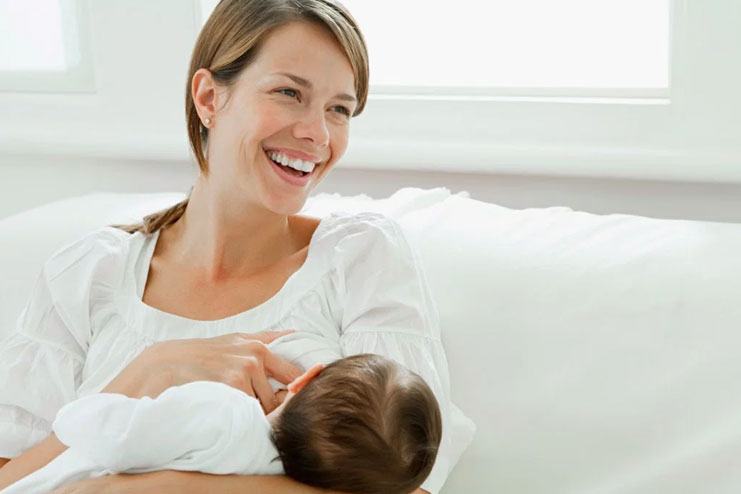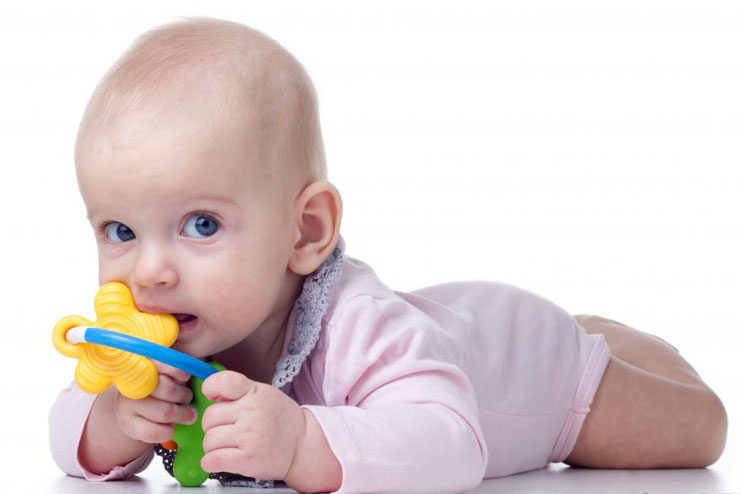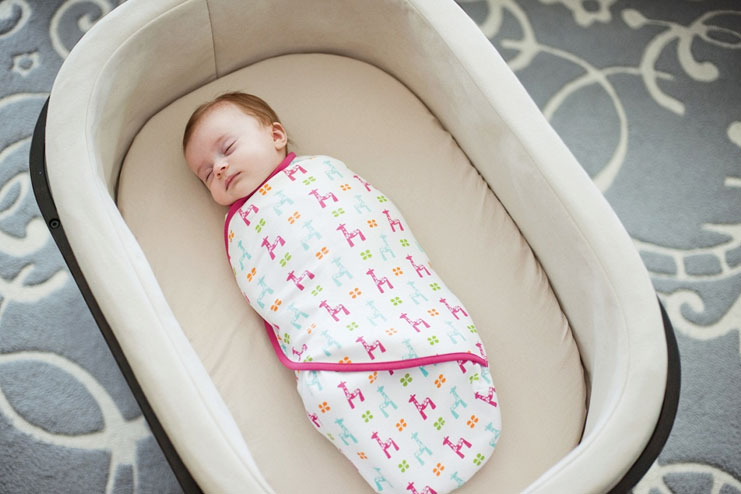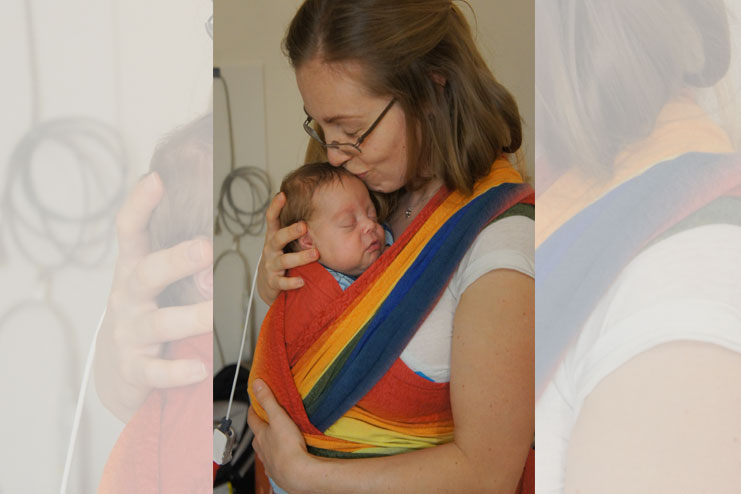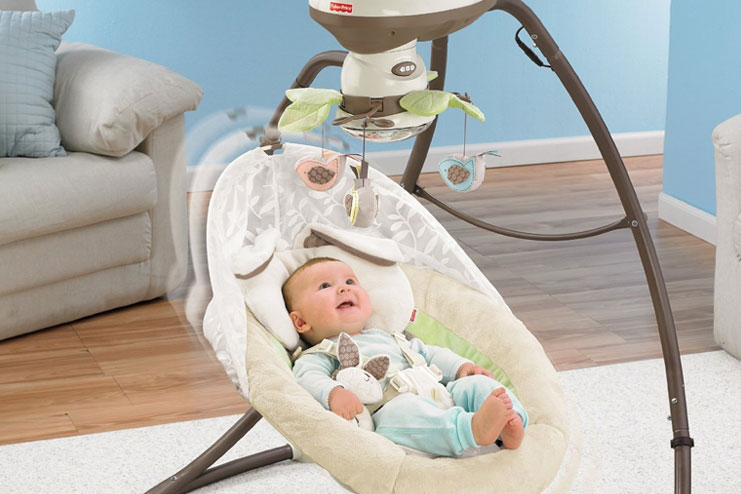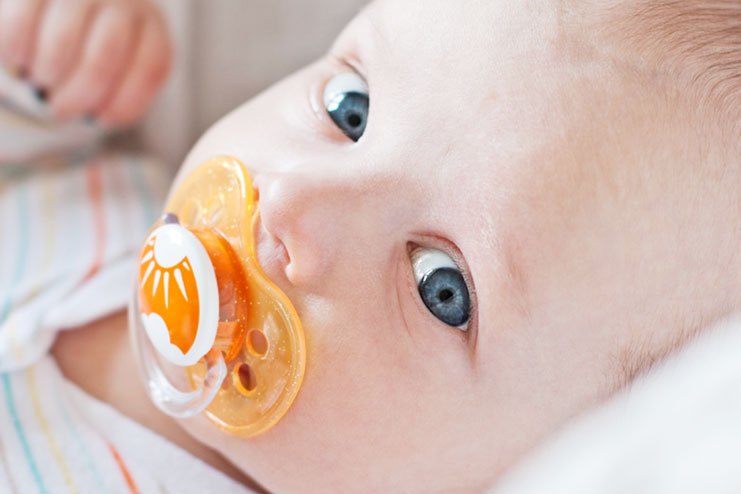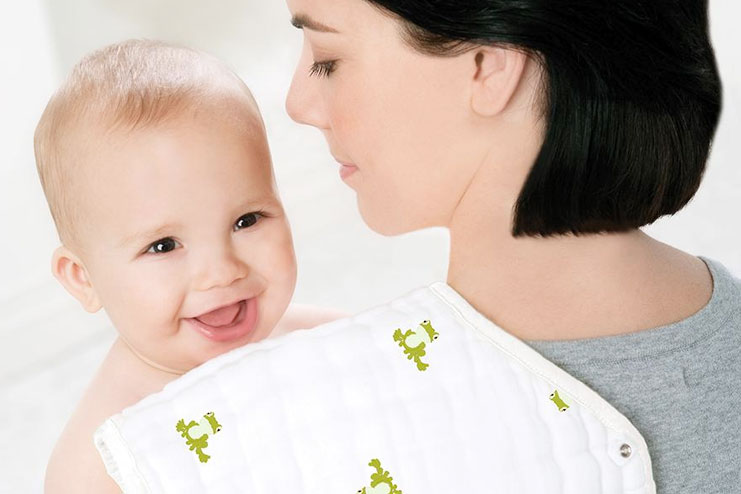Affiliate Disclaimer
Some links in this article are affiliate links. We may earn a small commission if you make a purchase through these links, at no extra cost to you. We only recommend products we find useful to our readersAll babies cry and sometimes it becomes so prominent that it causes grief and depression for the parents. “Why is your baby crying and how to calm her?” is a write-up based on my learning as a mother. The episodes of inconsolable crying happen too often in newborns, and it is of much concern if it repeats often. There are some sure shot remedies, based on my own experiments with first my niece’s and then with my daughter. A Specific remedy would work in any situation and prevention is always a better bet for a mother.
Crying invariably is often a sign that a baby is demanding something or pointing towards some discomfort. Newborns are generally sleepy and thus their system is a 3 step one; eat—poop–sleep. And thus from hunger to, soiled diaper, to re-fluxes to pain, babies can cry for anything and everything. There must always be a reason for a baby crying, and as a mother it is important to find and fix it.
Some Reasons Why Is Your Baby Crying
Hunger

Sleep
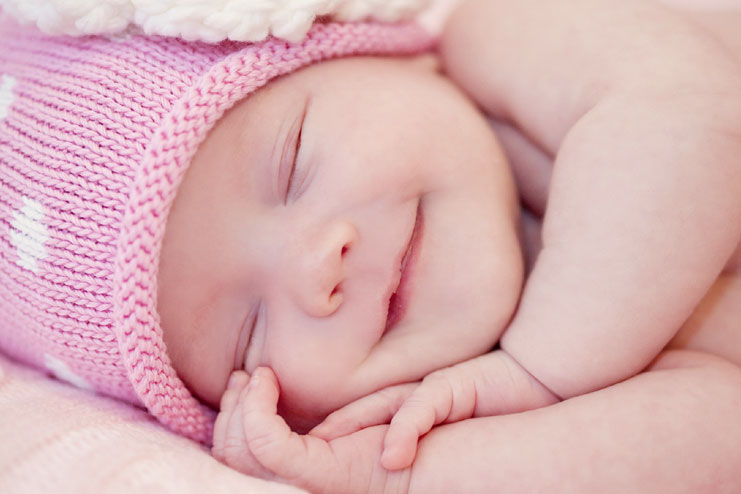
Colic
The major cause of those bouts of crying episodes everyday for hours. Generally colic related crying is more prominent during the evening times. Colic does not have a specific cause, but multiple factors may add up to it.
Stomach ache or gas
Baby stay lying down so the position is too bad for gastric re-fluxes. Babies may cry due to the discomfort they face from gaseous re-fluxes.
Teething
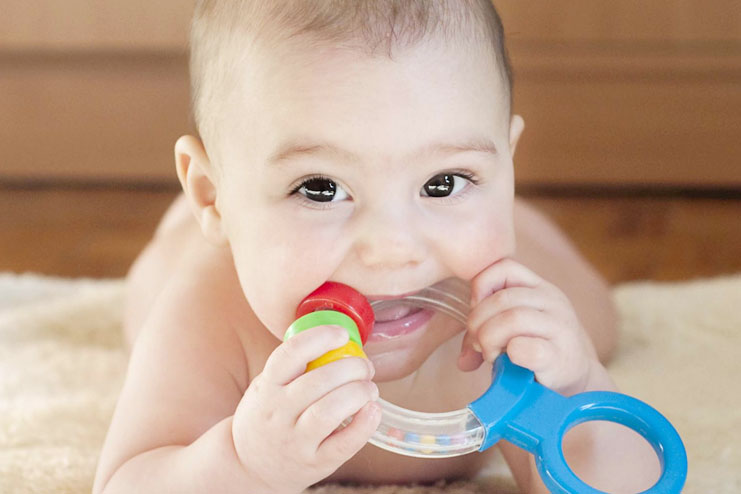
Burp not done properly
Burp after every feeding is very important to ease the excess air infants have sucked in. This air pocket causes extreme re-fluxes in the belly and often infants cry due to this
Dirty diaper
Sometime the diaper may not have been changed on time, causing discomfort to the infants.
Feels too hot or too cold
Every kid has his own tolerance levels for temperature. And despite mothers feeling fine infants may feel too hot or too cold. Ideal temperatures are between 65 F to 72F do not over dress when you feel cold. The infant may not be feeling the same.
Unwell
Infants may be under the weather or unwell. Sometimes fever and pain from vaccinations may make them cry for weeks.
Stranger anxiety
Sometimes the babies get anxious when met with strangers, or faces whom they are unfamiliar with.
How to calm a crying baby
Bath specially before sleeping:
A refreshing bath in bath-tub is always preferred by infants. Try to keep the temperature of water warm and cozy for the child. Do not leave the child unattended. Use bath toys to make her happy.
Massage and exercise:
Massage is a great stimulant and good for body circulation. It is generally recommended from as early as day 1. check the oil based allergies in your kid before applying on her. (my daughter had allergy from nut based oils, so we did massage without oils for 5 months)
Tummy time
Tummy time is very important for infants. As this will help in digestion and also to gain strength.
Check temperature:
Children like cool temperatures so try and maintain 65-72F
White noise:
Babies are used to constant noises in the womb. So playing white noise in my case has been a great help for reaching sleep through the night milestone, as early as the first month. Vacuum cleaner, fan or washing machine and dryer make best white noise. As soon as we wanted to put her to sleep,we would switch the AC unit fan (just for the constant noise) and she would fall asleep even 5-6 hours at age 1 month.
Stroll outside:
Infants like to stroll around. They get bored at home lying down all day. So it is important from after 1 month to take them out in a stroller.
Play:
Play based activities are fun for infants and peak-a-boo and noisy rattles are often great to calm a crying baby.
Feed:
Keep a feeding chart so that you don’t miss feeding the baby. Hunger is a very common cause of baby crying.
Teething toys:
For babies teething, these toys can help to chew and relax the itch on gums. Thus reducing the episodes of baby crying.
Swaddle:
Swaddling is very efficient to give that tied up in womb kind of comfort and securing the baby. Thus reducing the episodes of baby crying. BE CAREFUL NOT TO SWADDLE A BABY WHO CAN ROLL OVER, THUS CAUSING SEVERE HAZARDS.
Baby wearing:
Some babies are very fond of bodily warmth and this calms them more than anything else. Try using an ergonomic baby sling or baby carrier.
Sushing:
Sometimes just a sushhhhh or sushing in the ears work best to calm a crying baby. Even at age 5 the child can be calmed during meltdown episodes
Swinging or car seat motion:
The rhythmic swinging motion or car seat motion is very helpful to calm the crying baby. I remember making a handy swing from bed sheet and putting my daughter in it for a few minutes before sleeping. This would calm her and even relax her tummy troubles
Sucking or pacifier:
The sucking action is a great pacifier for infants. It instantly calms them, but take a note on dental hygiene while using pacifiers
Burping and fart:
Burp and fart need to be given to the infants as many times possible. As the air pockets within body cause severe discomfort and pain.
Why is your baby crying and how to calm her is a testament to the fact that as a mother I have faced some such instances. Most of the time sticking with a few basic steps from above helps. But for more severe episodes, visit your health care provider.
Minu Manisha




















